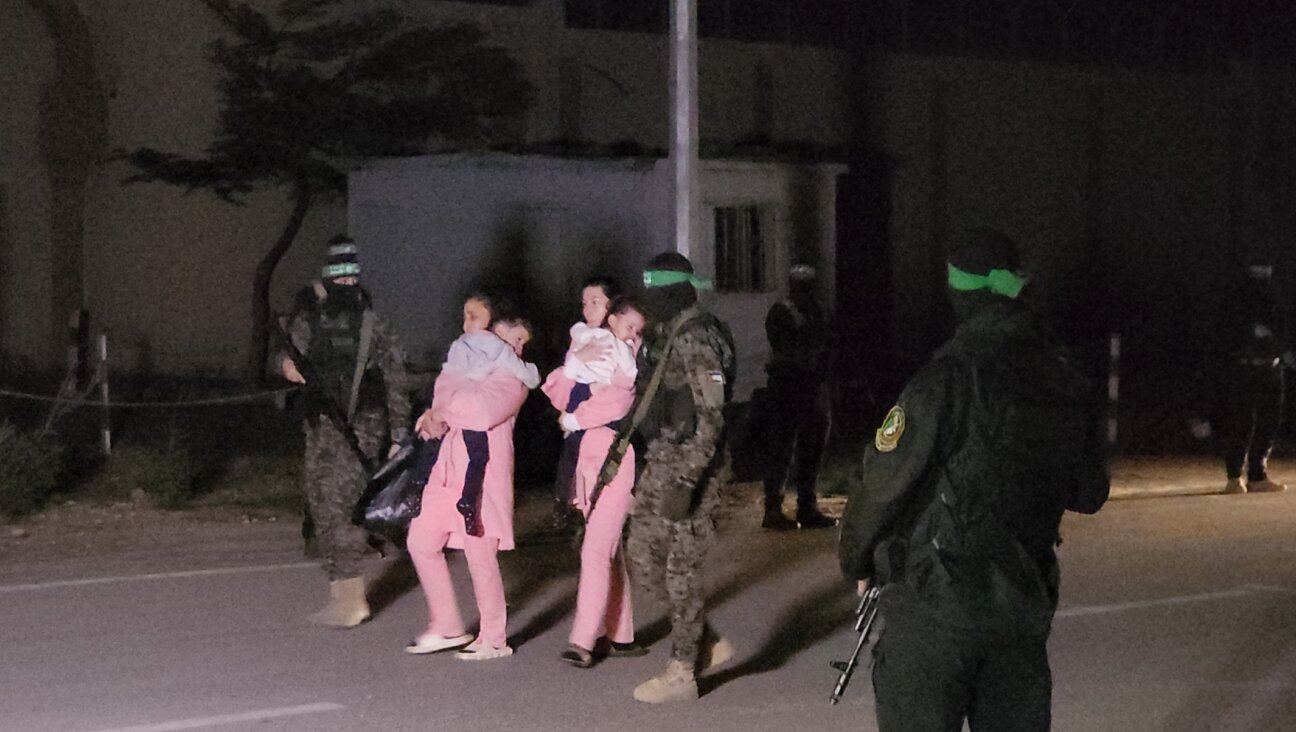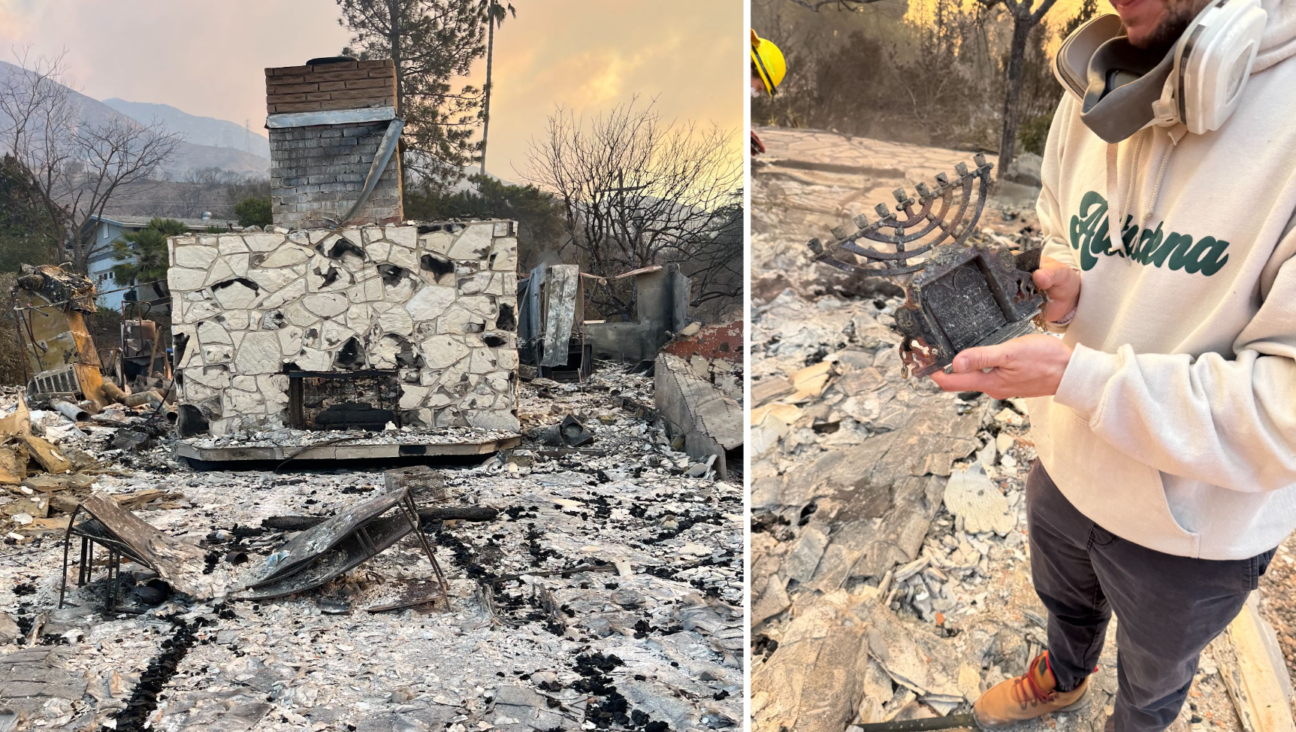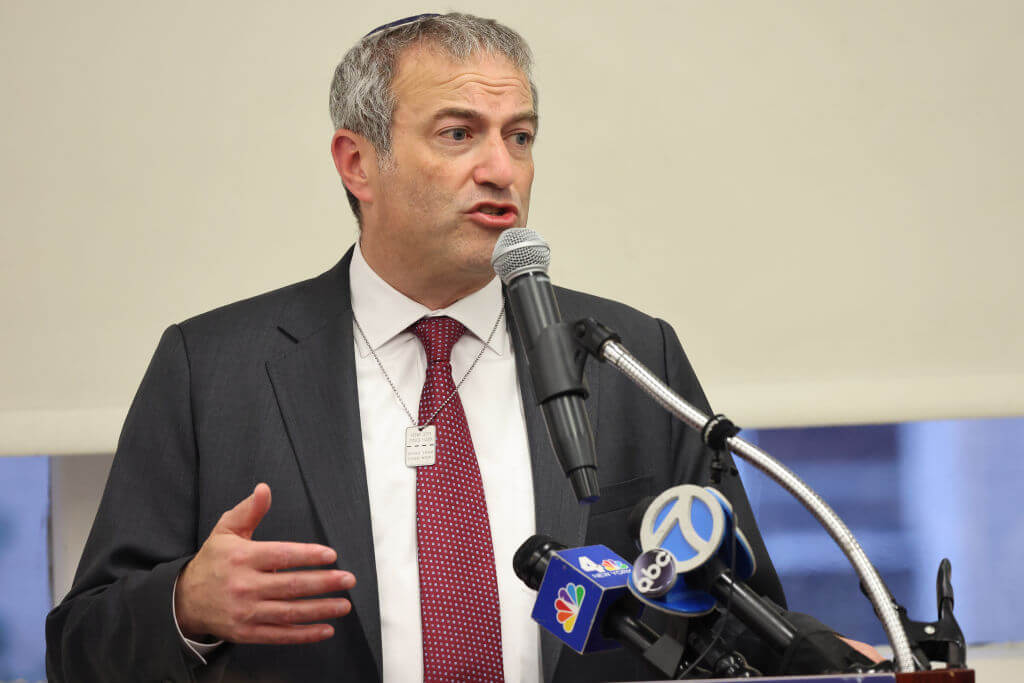Samantha Power Poised for Big Stage at U.N.
Samantha Power, who won a Pulitzer Prize for her study of U.S. failure to prevent genocide and is seen as an advocate of an activist U.S. foreign policy, would get a bigger platform for her views as U.S. ambassador to the United Nations.
The former journalist, Harvard University professor and White House national security staffer was chosen on Wednesday to serve in the high-profile post as U.S. President Barack Obama weighs whether to do more to end Syria’s civil war.
As a journalist in the 1990s, Power witnessed the Bosnian war and is best known for her book “A Problem from Hell: America and the Age of Genocide,” which chronicles the U.S. failure to stop genocide in a series of cases during the 20th century.
There is a widespread view that Power, a long-standing friend of Obama, may advocate a more activist U.S. foreign policy, but Senate aides and analysts said her stance on Syria’s more than two-year civil war was not clear.
At least 80,000 people have been killed in fighting between forces backing President Bashar al-Assad and rebels seeking to oust him. But the violence does not so far meet the definition of genocide as the “intent to destroy, in whole or in part, a national, ethnical, racial or religious group, as such.”
The violence, however, has taken on a more sectarian cast as increasing numbers of Shi’ite Lebanese Hezbollah forces supporting Assad fight against mostly Sunni Muslim rebels. Assad is a member of the minority Alawite sect, an offshoot of Shi’ite Islam.
“My impression from her public statements is that she would be a proponent of not standing idly by, but that still leaves a wide ambit for action,” said Jon Alterman of the Center for Strategic and International Studies think tank.
‘FAIL TO PROTECT THE PEOPLE OF BOSNIA’
Power made reference to her time in Bosnia, and the failures of the U.N. system, when Obama announced her nomination, and his choice of Susan Rice to serve as his national security adviser.
“I have seen U.N. aid workers enduring shellfire to deliver food to the people of Sudan. Yet I’ve also see U.N. peace keepers fail to protect the people of Bosnia,” Power said in the White House Rose Garden.
The United Nations has done little to stop the violence in Syria because of divisions on the Security Council, where Russia and China have refused to consider sanctions on Assad’s government, vetoing three resolutions condemning his crackdown.
Obama has been reluctant to see the United States get dragged into the conflict though he has begun this year to give nonlethal aid to the Syrian opposition and its military arm.
It was not immediately clear whether Power, who was forced to leave Obama’s 2008 presidential campaign after she called his Democratic rival Hillary Clinton “a monster,” will have trouble winning Senate confirmation for the position.
She received a quick declaration of support from Republican Senator John McCain, who issued a statement saying “she is well-qualified for this important position and (I) hope the Senate will move forward on her nomination as soon as possible.”
A Senate Democratic foreign policy aide said he did not view Power’s “monster” comment about Clinton disqualifying, saying that the two women had long since made their peace, and said it was very hard to predict how Republicans might react.
“People generally regard her as very smart, hard-working, a creative thinker who consults and listens but is not afraid to challenge the status quo and stand up for principle,” said the aide. “But in this day and age there are some who simply want to make life difficult for the president, and they might see that (holding up her nomination) as one way to do that.”
In a central point of “A Problem from Hell,” Power argues that the United States did not stop genocide in the last century ultimately reflected the priorities of the U.S. body politic.
“This country’s consistent policy of nonintervention in the face of genocide offers sad testimony not to a broken American political system but to one that is ruthlessly effective,” she wrote. “No U.S. president has ever made genocide prevention a priority, and no U.S. president has ever suffered politically for his indifference to its occurrence. It is thus no coincidence that genocide rages on,” Power added.
Power’s return to government service would be a comeback after having left the White House earlier this year as senior director for multilateral affairs and human rights on the national security staff.
While that job was relatively low profile, Power was widely reported to have argued for the U.S. decision to intervene militarily in 2011 to support the rebels who eventually toppled long-time Libyan leader Muammar Gaddafi.
Power is married to legal scholar Cass Sunstein, who until last year headed the White House Office of Information and Regulatory Affairs. He was a friend of Obama dating back to their days on the University of Chicago Law School faculty.
A message from our Publisher & CEO Rachel Fishman Feddersen

I hope you appreciated this article. Before you go, I’d like to ask you to please support the Forward’s award-winning, nonprofit journalism so that we can be prepared for whatever news 2025 brings.
At a time when other newsrooms are closing or cutting back, the Forward has removed its paywall and invested additional resources to report on the ground from Israel and around the U.S. on the impact of the war, rising antisemitism and polarized discourse.
Readers like you make it all possible. Support our work by becoming a Forward Member and connect with our journalism and your community.
— Rachel Fishman Feddersen, Publisher and CEO























